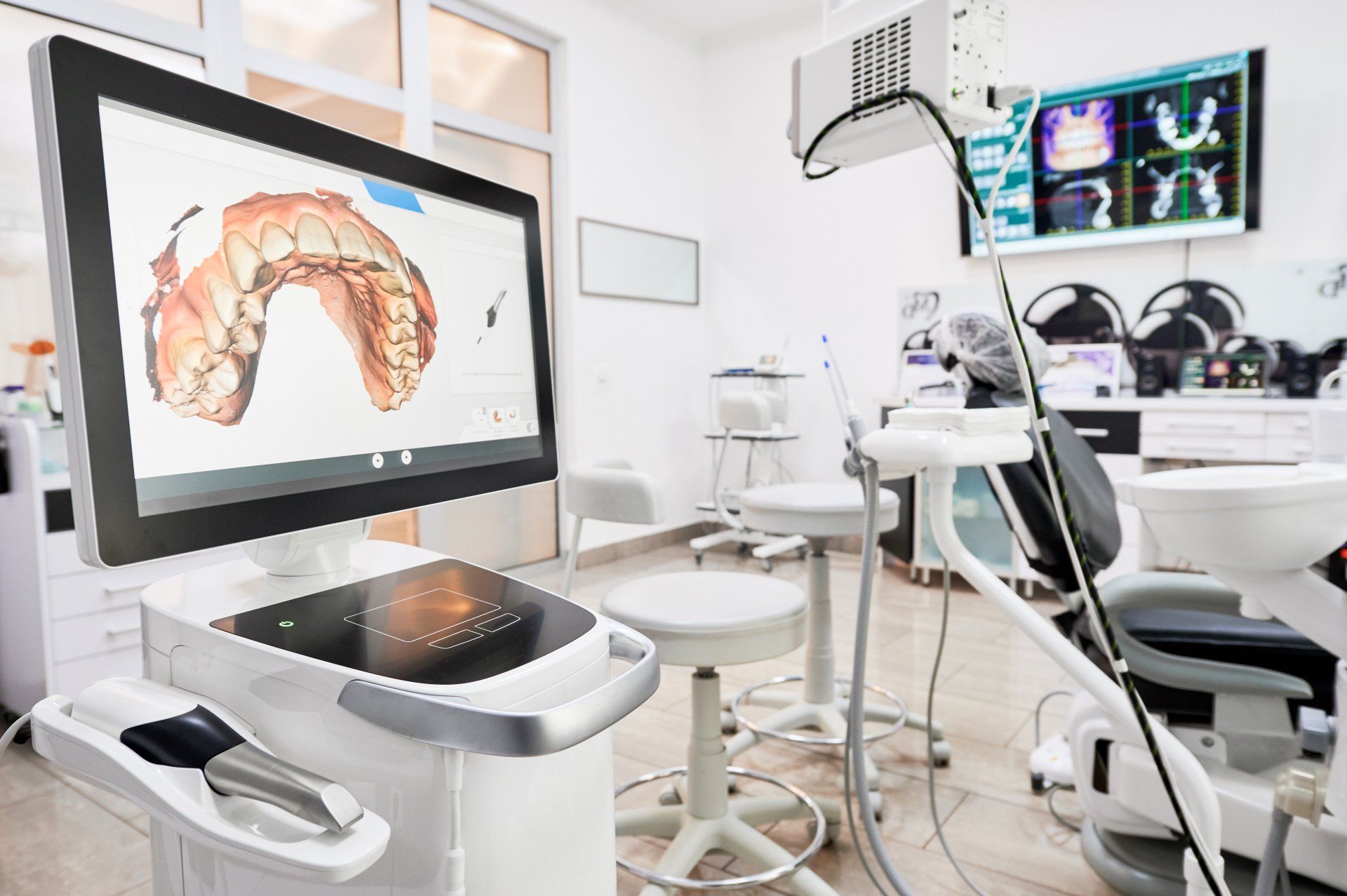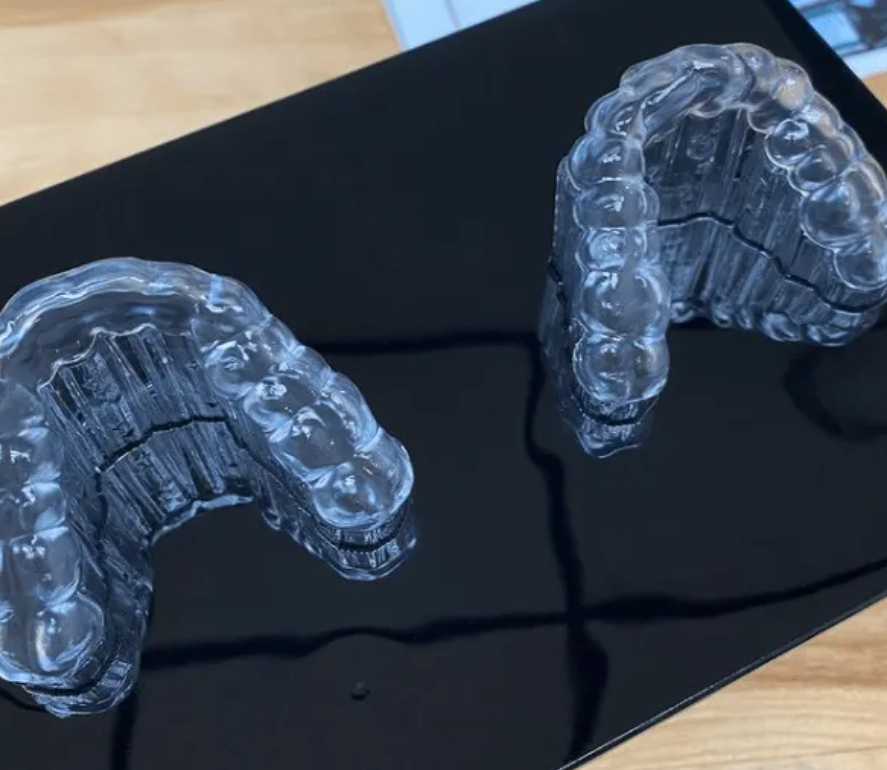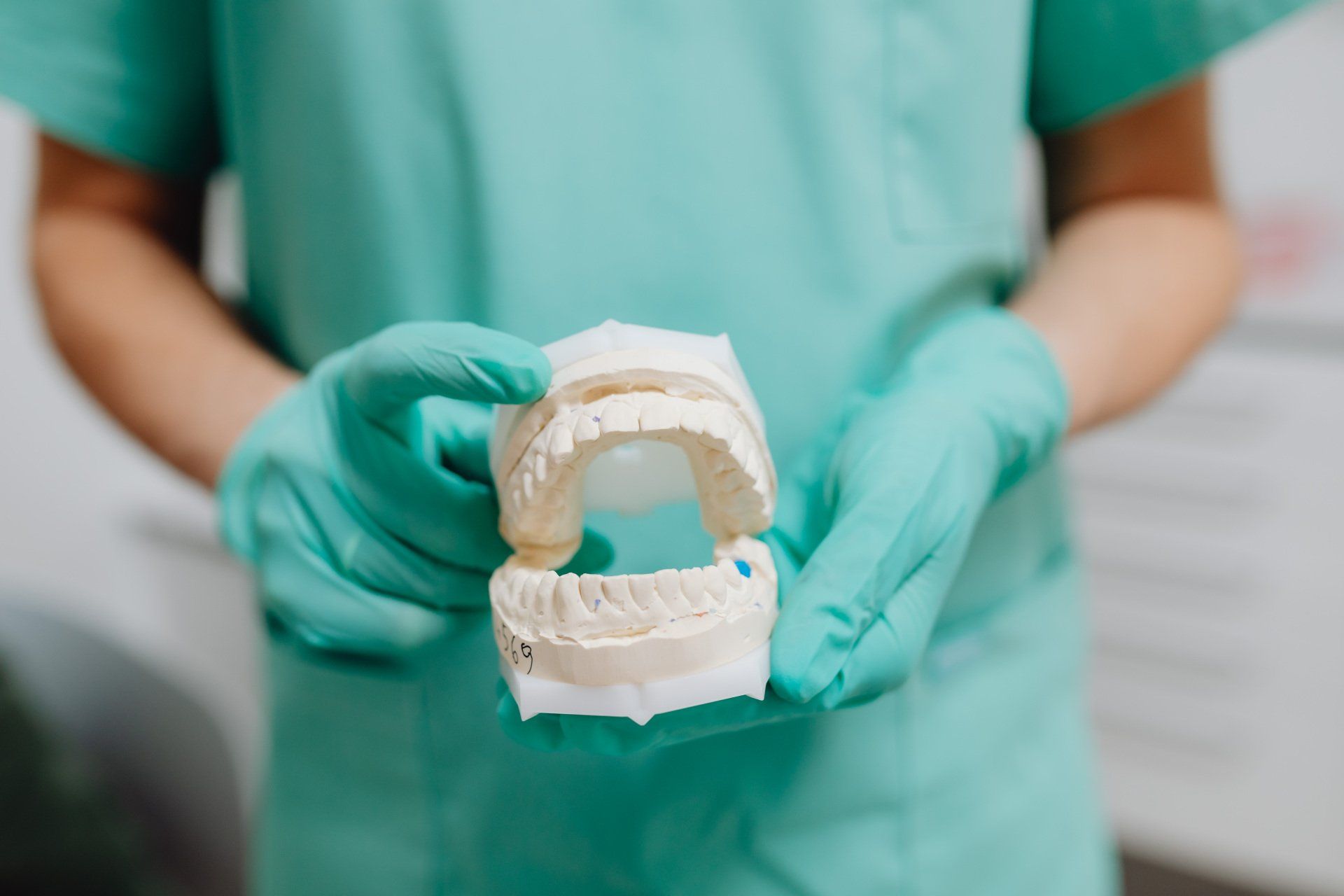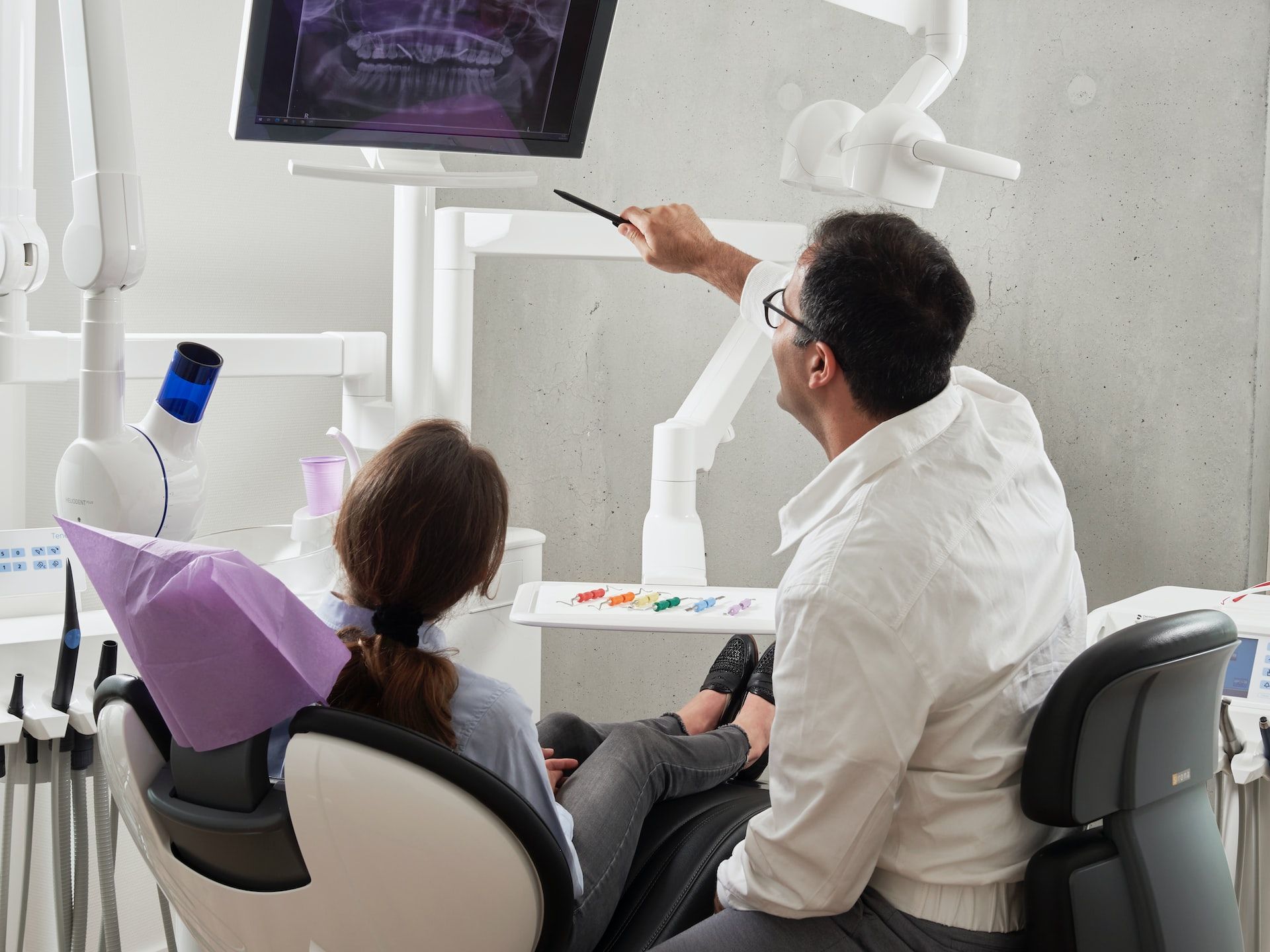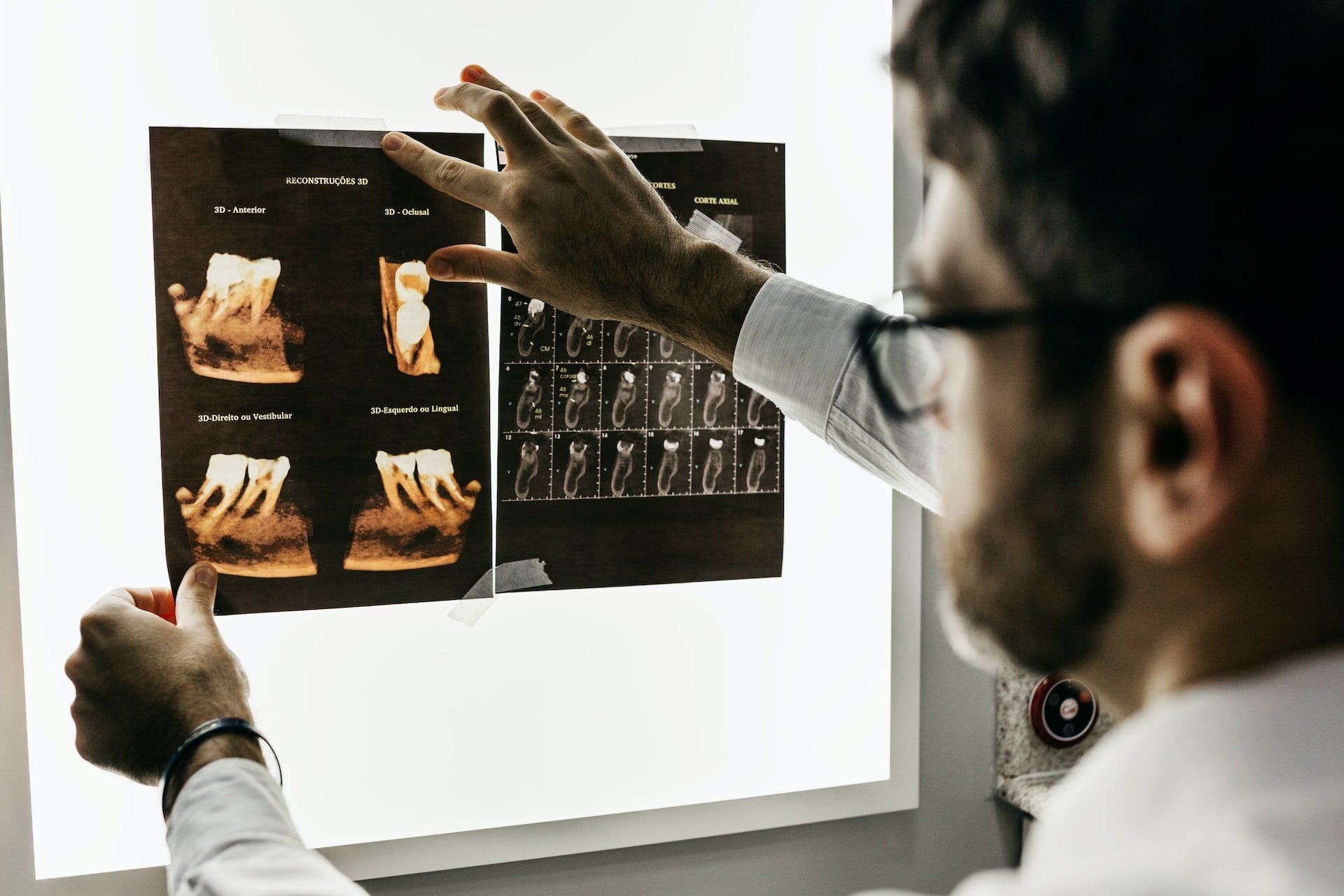Know the Signs: How to Tell if Your Dentures Need Relining
Do you have trouble speaking or eating with your dentures? Do they feel loose, uncomfortable, or irritating when worn? If so, then your dentures need to be relined. Relining dentures are used to reshape and refit existing dentures to fit your mouth better.
In this blog, we will discuss how to know if your dentures need relining. So if you're having issues with your current dentures, keep reading to find out more!
What Exactly is Denture Relining?
A denture reline involves refinishing the dentures that come into contact with the gums to improve fit and comfort. Because you won't have any teeth to stimulate your mouth's ridge, it will alter the shape. This change is fixed by relining the denture.
Relining your dentures will also lessen stress on your mouth's soft tissues. Lesions, lumps, and irritation are more likely to cause pain or discomfort if you don't get your dentures regularly relined.
This is reasonably priced and cost-effective in contrast to other denture maintenance procedures. You can save money in the long run by avoiding pricey repairs or replacements by regularly having your dentures relined.
What Are the Indications That You Need Denture Relining?
1. Difficulty in Speaking Normally
The ill-fitting dentures can create a physical barrier between your oral tissues and the food you are trying to eat, making it difficult for you to articulate effectively. Denture relining is a procedure that can help alleviate this problem.
Denture relining is beneficial because it helps ensure that the dentures fit correctly and securely against your gums, preventing discomfort and possible damage to your oral tissues. Additionally, improved denture fit can help you speak and eat more effectively, resulting in greater confidence in social situations.
2. Loose-Fitting Dentures
Loose-fitting dentures are a common problem and can indicate that you must get denture relining. Denture relining is a process whereby the base of the denture is resized and reshaped to fit more closely with the gums, creating a snugger, more comfortable fit.
Without this extra step, your denture may become loose and uncomfortable, resulting in gum irritation and other difficulties, such as retention and functional problems. With consistent wear, your dentures will naturally become loose over time due to changes in your jawbone structure and gum tissue.
A proper reline will help to maintain the original fit and comfort of your dentures. When you experience loose fitting dentures, you must visit your dentist, who can assess if you require a relining procedure.
3. Visible Gaps Between Teeth and Gums
Visibly observing a gap between your teeth and gums can signify an impending need for dental relining. Uneven gum-to-tooth seals signal that the tissue has migrated or deteriorated.
In turn, this can allow plaque and bacteria to accumulate, leading to gum disease, tooth decay, and even eventual tooth loss if left untreated. Dental relining is a simple procedure involving reshaping the affected area to fit the shape of the patient's tooth and return it to its original state.
Conclusion
Relining can be challenging. It can be tricky to tell the difference between natural wear and tear of dentures and a need for relining. You should monitor the fit of your dentures and watch out for any changes or issues in comfort or chewing.
If you notice any changes or feel like your dentures have gotten too loose, it's time to talk to your dentist about getting a reline. You can get years of use from your dentures with proper care and regular maintenance.
If you’re experiencing these signs and need a denture to reline, Vitality Technologies has them for you! We have outfitted our laboratory with the most advanced technology and certified skilled technicians to deliver the highest quality dental prosthetics consistently. Visit us now!
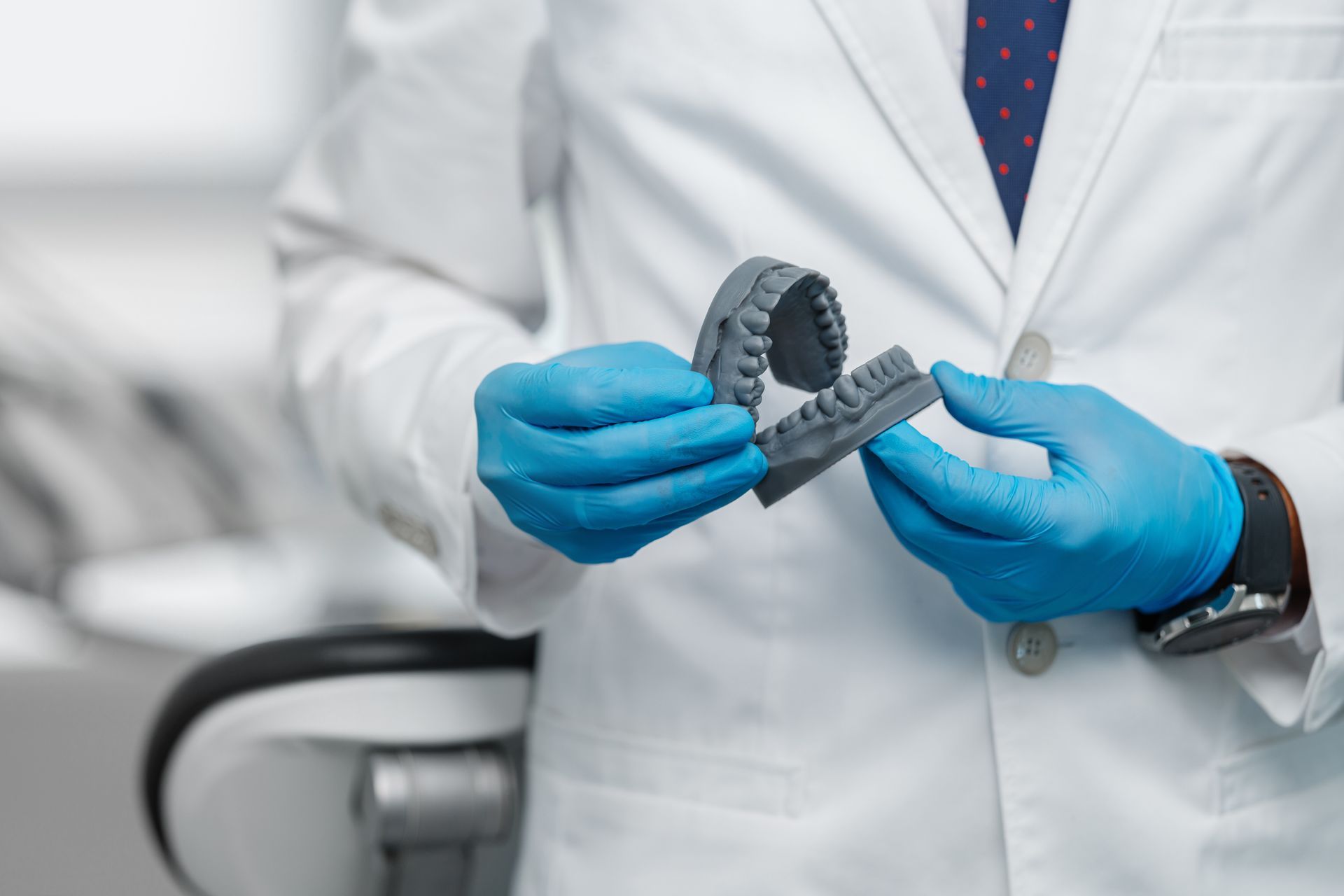
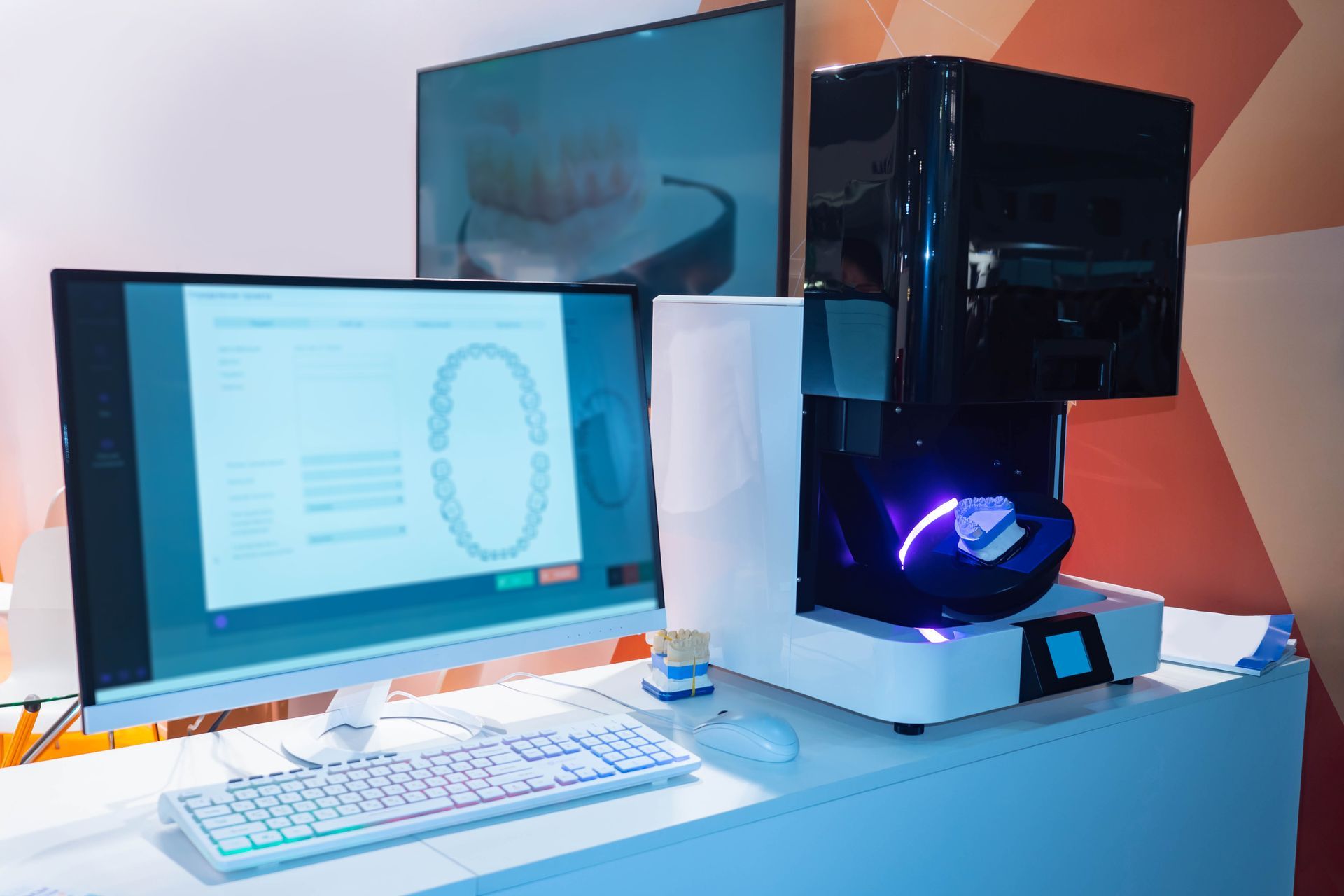

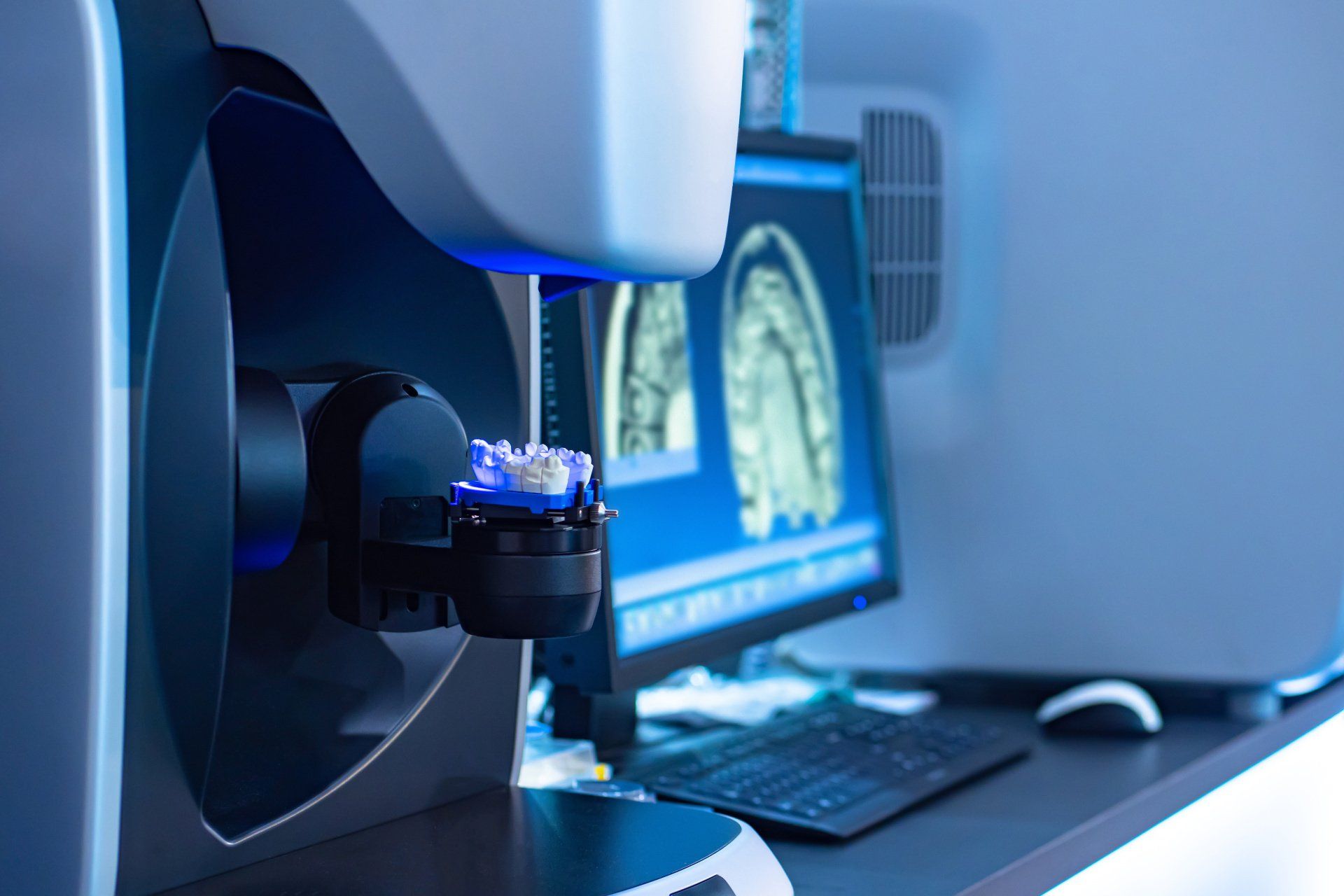
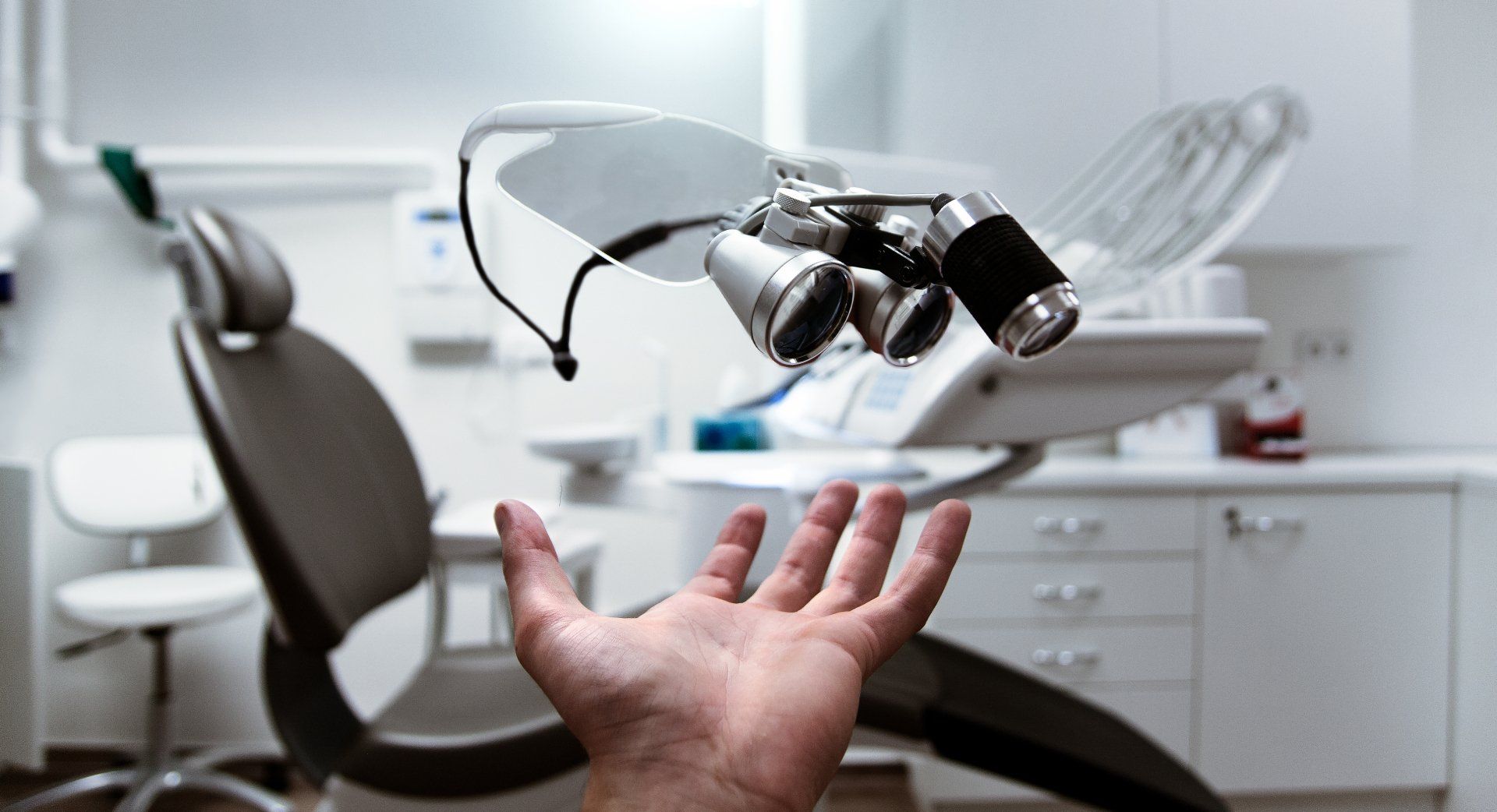
Location
Search
Resources

